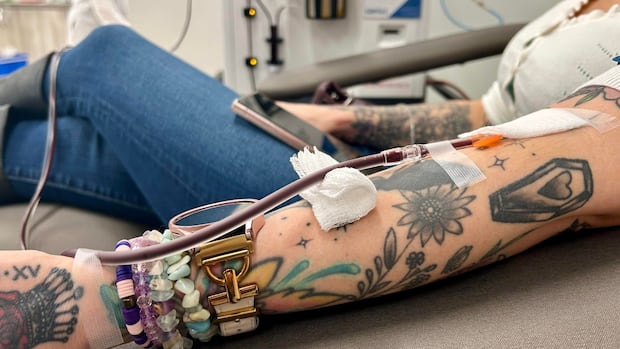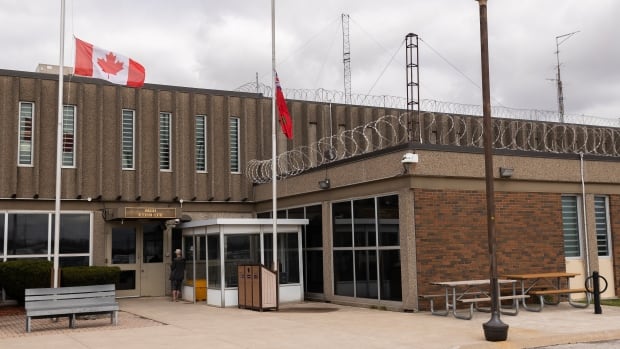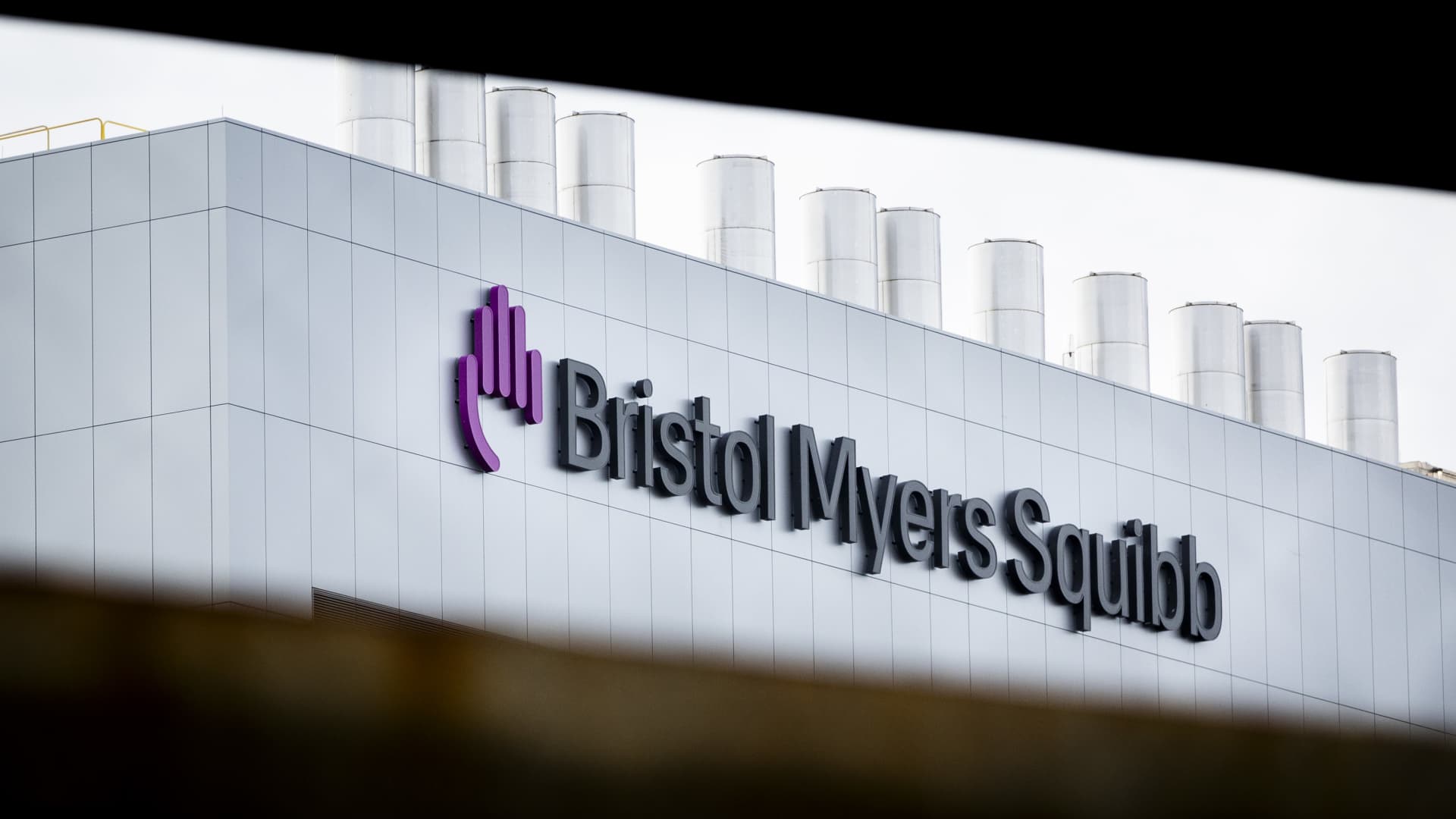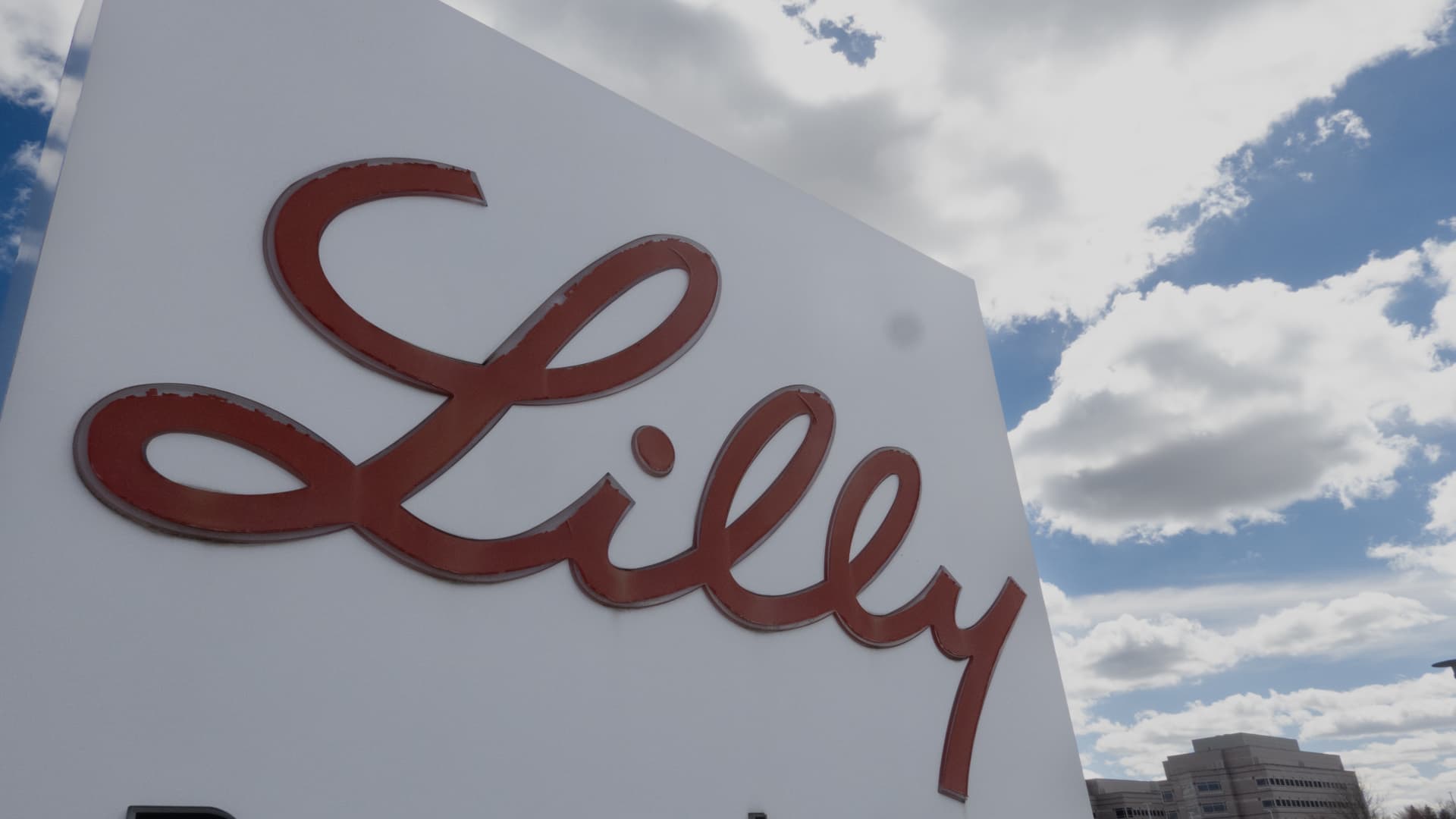Two new clinics that pay people for their plasma have opened in Fredericton and Saint John, following a location that was established in Moncton in 2017.
Plasma makes up more than half of a person’s blood and is rich in protein. It can be transfused directly into patients in urgent situations, such as severe infection and excessive bleeding, or it can be manufactured into medications like immunoglobulins, which is what is being done with the plasma collected by Grifols.
However, Jean-Claude Basque of the New Brunswick Health Coalition, a public advocacy organization, says these kinds of clinics “shouldn’t be allowed.”
Basque said the company behind the clinics is using the human body as a way of siphoning the plasma for profit. He said they often target desperate, vulnerable people living in poverty, pushing them to sell frequently, to make more money.
All three New Brunswick clinics are owned by Grifols, a Spanish multinational pharmaceutical and chemical manufacturer, formerly known as Canadian Plasma Resources.
There are now 13 sites spread out in New Brunswick, Nova Scotia, Alberta, Manitoba, Saskatchewan and Ontario.
CBC News requested an interview with the company, but Grifols declined. In a statement, it said, “Grifols is building on its long history of providing plasma medicines for patients in Canada through a growing presence in the country. We welcome donors and are excited to be part of these communities.”
Another blood safety advocate, Curtis Brandell, president of the British Columbia chapter of the Canadian Hemophilia Society, said centres that pay for plasma are “scavenging the donors that routinely donate whole blood … and putting the health and safety of all Canadians at risk.”

Other than Canada and the United States, almost every other country in the world is moving away from paid plasma collection, he said.
A November promotion on the Grifols website advertises compensation at $40 to $100 per visit. There is also a $100 bonus for donating 20 times within 12 weeks.
In 2017, Basque called on the Brian Gallant government to end the practice in New Brunswick, as governments in Ontario, B.C. and Quebec had done. But the health minister at the time, Victor Boudreau, said he had no plans to follow suit.
CBC News requested an interview with the current health minister, John Dornan, but the request was declined. In a statement, spokesperson David Kelly said, “Government has not taken a position on the introduction of any legislative or regulatory measures that would prohibit private paid plasma collection within the province.”
Partnership of Canadian Blood Services, Grifols
The ban in Ontario has since fallen through, following a partnership between Canadian Blood Services and Grifols that was announced in 2022. Ontario’s Voluntary Blood Donations Act specifically exempts Canadian Blood Services from this ban.
Brandell said the same legislation exists in B.C. and Quebec, and that the exception was intended for rare events such as a war or pandemic.

In those cases, he said, Canadian Blood Services can use a third party to pay for plasma until such time the event ceases to exist.
“But for some reason, they’ve decided to ignore that law and go through a very small loophole that wasn’t designed to allow Grifols to come into Ontario,” he said.
There are now five new clinics slated to be open in Ontario by mid-2025.
Surplus plasma being thrown out
Grifols manufactures plasma into immunoglobulins in the form of a product called Gamunex. It results in byproducts that could be used to produce other therapies.
CBC news asked Grifols what is being done with all of the other blood components in the plasma it collects. Grifols said the question should be referred to Canadian Blood Services, which said what’s not being used in Canada is being thrown out.

“Under our agreement with Grifols, there is the opportunity for future use of the byproducts from Grifols’ plasma collections in Canada, instead of simply discarding them,” the organization said in a statement. “This would be subject to our approval and would include ensuring that Canadian Blood Services continues to meet the needs of patients in Canada.
“Until then, the plasma Grifols collects in Canada is being used to make immunoglobulins exclusively for Canadian Blood Services and the patients we serve.”
Paid plasma goes against Krever recommendations
Basque said blood collection should not be in the hands of a private company and questions what type of oversight there is on an international pharmaceutical manufacturer.
He points to the tainted blood crisis in the 1980s — when more than 30,000 Canadians were infected with HIV or hepatitis C from poorly-screened blood products.
Justice Horace Krever led a public inquiry and recommended the establishment of a new voluntary blood collection system — which led to the establishment of Canadian Blood Services — to mitigate the risks that can come when private companies pay people to donate their blood.
“We’ve seen it when governments give to private companies either a service or a delivery of a program,” Basque said. “We’ve seen that there’s no oversight from government.
“They don’t follow up with what they intend the service or the program to be. And that’s what’s worrisome.”







